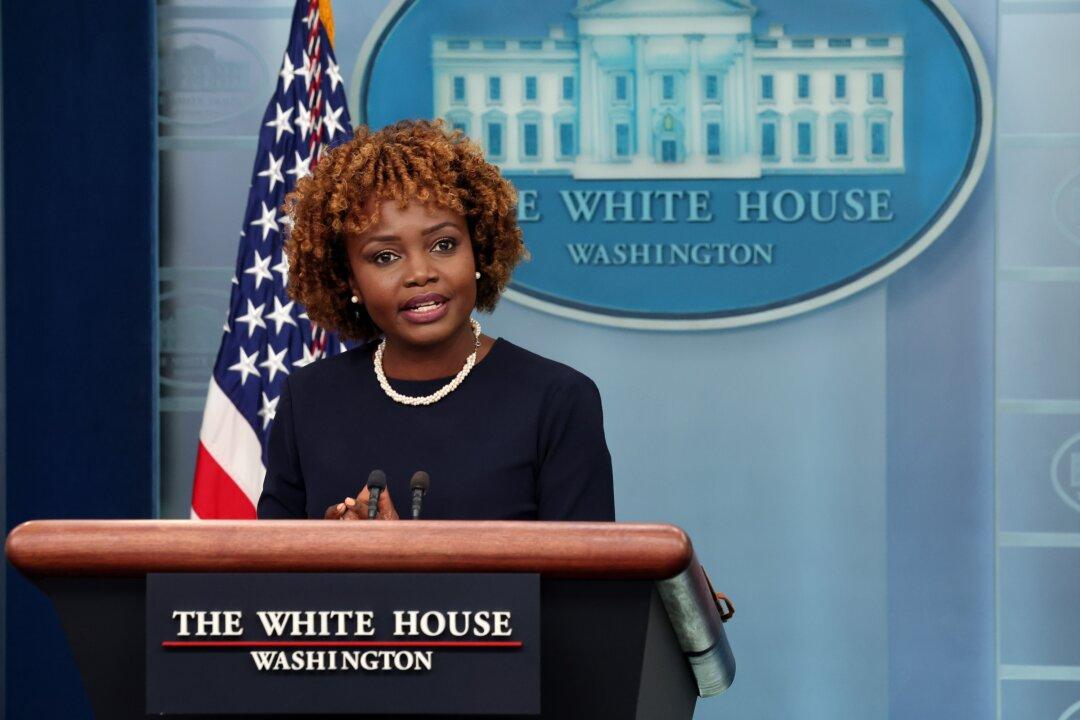The U.S. government will not limit trading partners’ decisions to join the group of BRICS (Brazil, Russia, India, China, and South Africa) emerging markets, as dozens of nations apply for membership ahead of next month’s summit, the White House confirmed.
Anil Sooklal, South Africa’s chief diplomat, recently told reporters in Johannesburg that more than 40 nations have inquired about joining the bloc. Twenty-two countries have made formal submissions, while “an equal number of countries have informally expressed interest in becoming BRICs members, including all the major global south countries,” Mr. Sooklal noted.





